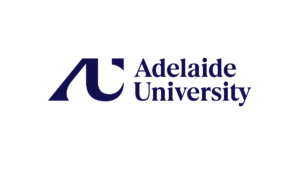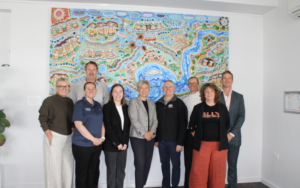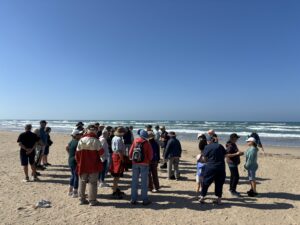The Minister for Environment and Water, The Honourable David Speirs, announced his strategy to address the risks to groundwater resources in the Lower Limestone Coast (LLC). This follows the Goyder Institute for Water Research’s review of the science underpinning reductions to water allocations in the 2013 LLC Water Allocation Plan (WAP) and an updated risk assessment.
The WAP sets out the rules to protect groundwater resources in the region for water users and proposed to reduce irrigators’ water allocations in high risk areas. Reductions were scheduled to take place in 2016, 2018 and, subject to a further risk assessment, 2020 and 2022. Due to concerns raised about the science that underpinned the initial 2012 risk assessment, the Minister for Environment and Water put the 2018 reductions on hold to allow for an independent review.
The South East Natural Resources Management (SE NRM) Board commissioned the Goyder Institute to undertake an independent science review via an expert panel so that information gathered could feed into an updated risk assessment. Professor Craig Simmons, Director of the National Centre for Groundwater Research and Training at Flinders University, chaired the expert panel comprised of panellists Professor Peter Cook (Flinders University), Dr Lu Zhang (CSIRO) and Professor Andrew Boulton (Flinders University). The Institute’s science review informed a second risk assessment, which the SE NRM Board used as a basis for making recommendations to the Minister, who will implement the following strategy:
- 53 management areas that remain at low or medium risk will not undergo water allocation reductions.
- Reductions to water allocations for forests harvested in 2017 in Coles, Short and 3A, will be completed (although this will first require an amendment to NRM regulations).
- Five management areas (Short, Frances, Hynam East, Zone 3A and Zone 5A), where the risk has decreased, will not undergo the reductions scheduled for 2018, nor for 2020 and 2022.
- As the risk remains high in the Coles management area, reductions to forestry and irrigation licences will continue until the allocation limit in the plan is reached.
- The new risk assessment has identified the Joanna management area (previously medium risk) as high risk, but further investigations are required to identify the driver(s) of this risk.
- The McDonnell management area has also increased from medium to high risk, and the SE NRM Board and the Department for Environment and Water (DEW) will work with licensees on options to manage this risk.
Previous reductions to water allocations made in 2016 will not be returned as part of this process – a precautionary measure while further technical work is carried out over the next three years.
For more information about the Institute’s independent science review of the LLC WAP you can download the project fact sheet or read the review report.
Contact Goyder Institute Director Dr Kane Aldridge for more information on the Institute’s capacity to bring together scientists and policy makers across the water resource sector to offer independent, expert advice.


